If I wrote a memoir it might be called Crying in Starbucks* (*in Shanghai).
You're not allowed to judge a place unless you have blood buried in the ground.
Ever see Goodbye Kitty? Angry bootleg Hello Kitty? She’s wonderful.
One of these must suffice as an intro. I don't know where to start and today's just the prelude. For the next issue I'm publishing my 旅途见闻, or traveler's field notes, from two weeks in China last November. Hong Kong, Shenzhen, and Shanghai.
It’ll be short and raw, similar to my state of mind when I'm in it, as I don't always get a VPN when I'm in China. The absence of Western media ecosystems is at first jarring, then, weirdly, negligible. (Linkedin is technically kosher but a world with only LinkedIn sounds worse than a world without any social media.)
Life becomes arduous in other ways, namely in using my hard-won, poorly-kept literacy when replacing my whole suite of lifestyle apps (WeChat & etc).
The first time I did this I ended up depressed but now I don't mind it on a short term basis. There are few other exercises as effective for violently confronting yourself.
When I lived in DC, I was a fellow at Georgetown's Initiative for U.S.-China Dialogue on Global Issues. I wrote my application essay on consultancies like IDEO and frog expanding to China. They were having a tough time selling their thinking in the beginning, so part of the early strategy involved pitching pilot projects.
It works regardless of geography. See if the business needs match to your services, and see if your ways of working are compatible. Emphasis on the latter.
In college I interned at Bank of Beijing, the first time I went sans-VPN. Cue crying in Starbucks, my ritual on the way to work before picking up my morning bun and soymilk in the company cafeteria. Then after work, opting for hot oolong milk tea with mung bean on a hot summer day.
Looking back it was a gift. The opportunity to give up your hope, and then receive abundance.
It’s a gift that’s largely inaccessible to me now. My work today doesn’t involve much cultural translation. In 2021, I was able to tap in briefly when working on an international client with Oyster Sunday—but otherwise, “brand meets global market entry” isn’t something that comes up often. (Though that might also take swimming in new circles.)
Plus "Adept at navigating geopolitics in the workplace" isn't a bullet point that inspires excitement outside foreign policy buffs. I'm not sure who's knocking on TikTok's door for work right now.
Because the requirements of the job done right —
experience with vulnerability, also shame
in being the foreigner,
who can be self and socially aware
but still reprimanded by your parents for your lack of propriety, and insensitivity to nonverbal cues,
ready to learn by fire,
hands out to receive the discomforting experience of being dumb and unfunny in a deeply poetic language that is not your own
It seems ironic that what gives you an edge in the market could also destabilize your career. But that might just be a stressor you choose to take on, in lieu of others.
China is also a place of loss for me. Retaining intimacy with your heritage takes effort and space that's largely inaccessible while trying to make a living in a different country.
I'm always grieving this loss. But it's the kindest kind of grief I know—the type that is at peace with the connection that remains, in part because it has already received such strength of heart.
—
The one line I kept hearing from our hosts, across cities: 常来. Come back often.
Sure, come back to understand that China is far from a monolith—but more importantly, come back so you can receive our love.
My experience of China is only one of many. I have privilege and access due to strong family connections. I’m immune to the day-to-day considerations of a life in China given I drop in as a foreigner. My notes are best read in context of larger discourse. Recently I’m reading:
Viola Zhou's articles, who reports on China for tech pub Rest of World
Chaoyang Trap (rip), a newsletter about everyday life on the Chinese internet
China in Ten Words by celebrated Chinese author Yu Hua (this book is banned in China, readily available in Brooklyn)
Back in 2016, a reporter interviews Yu Hua for the Australian Financial Times:
"I am struck throughout the meal how content Yu seems. Far from the frustrated writer, railing against repression that I expected, he is holding court in his favourite restaurant, boasting about his wife, Chen Hong, who is a poet, and his talented 22-year-old son, Yu Haiguo, who is a director and scriptwriter.
When he talks about the difficulties of being an artist in China it is in an unemotional, pragmatic way."
There is only ever more to learn.


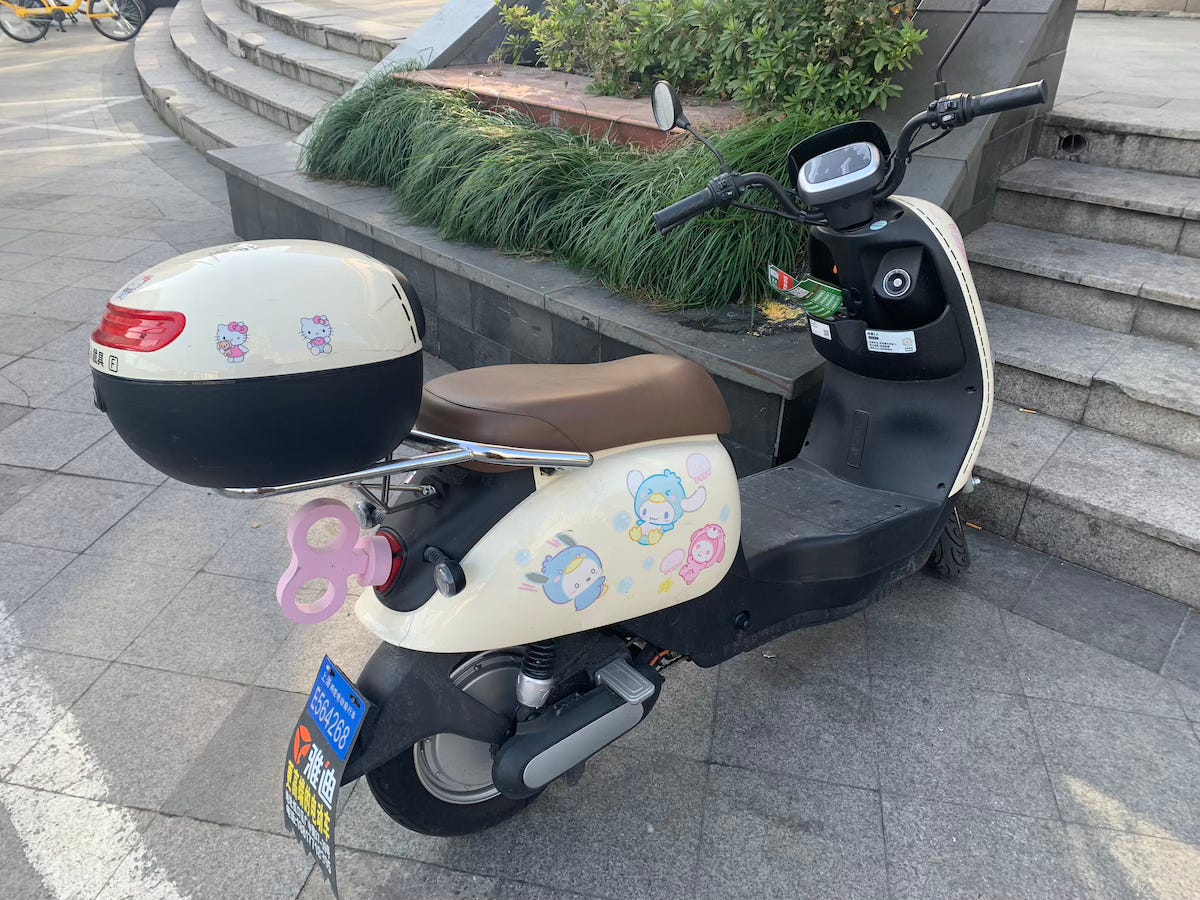
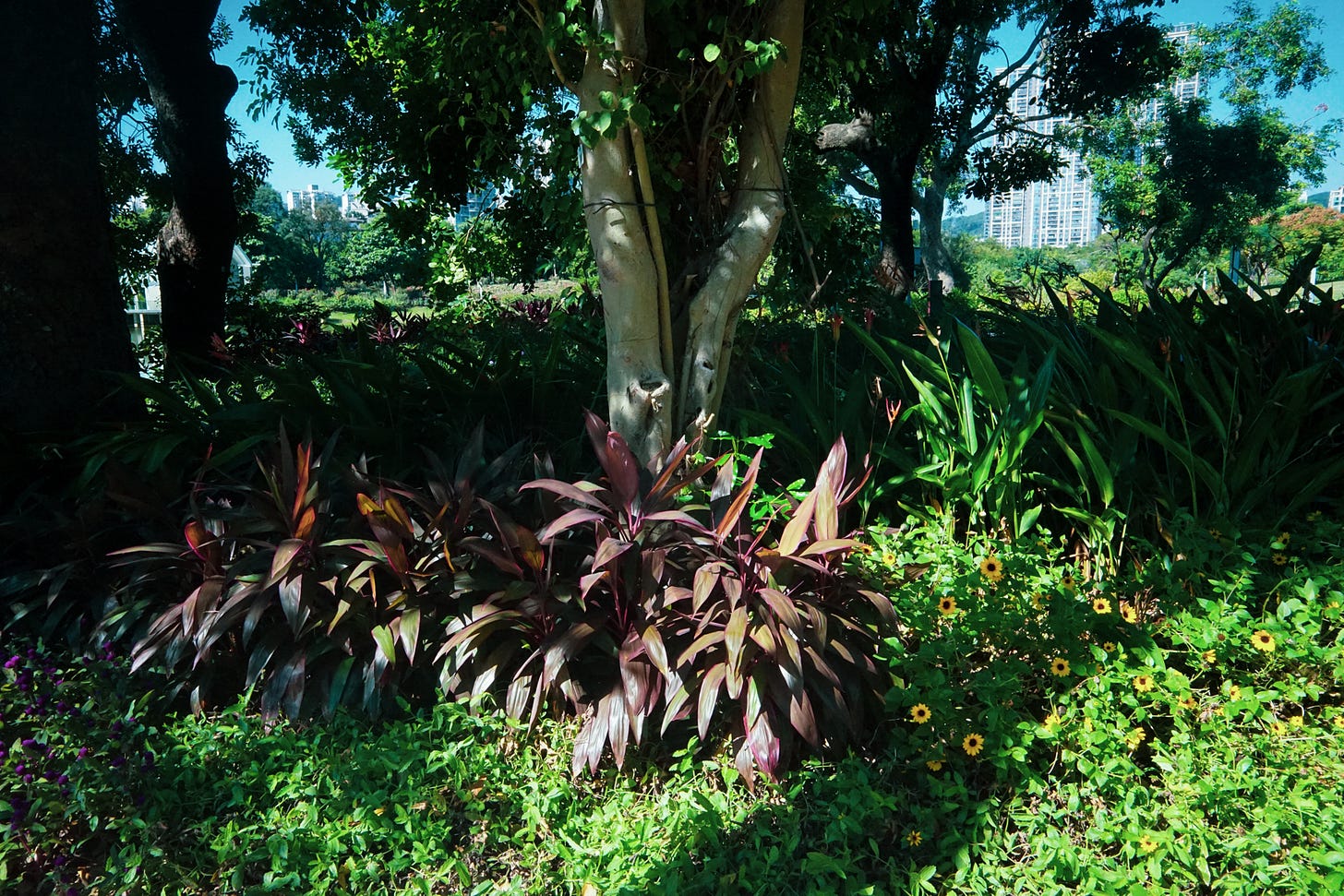
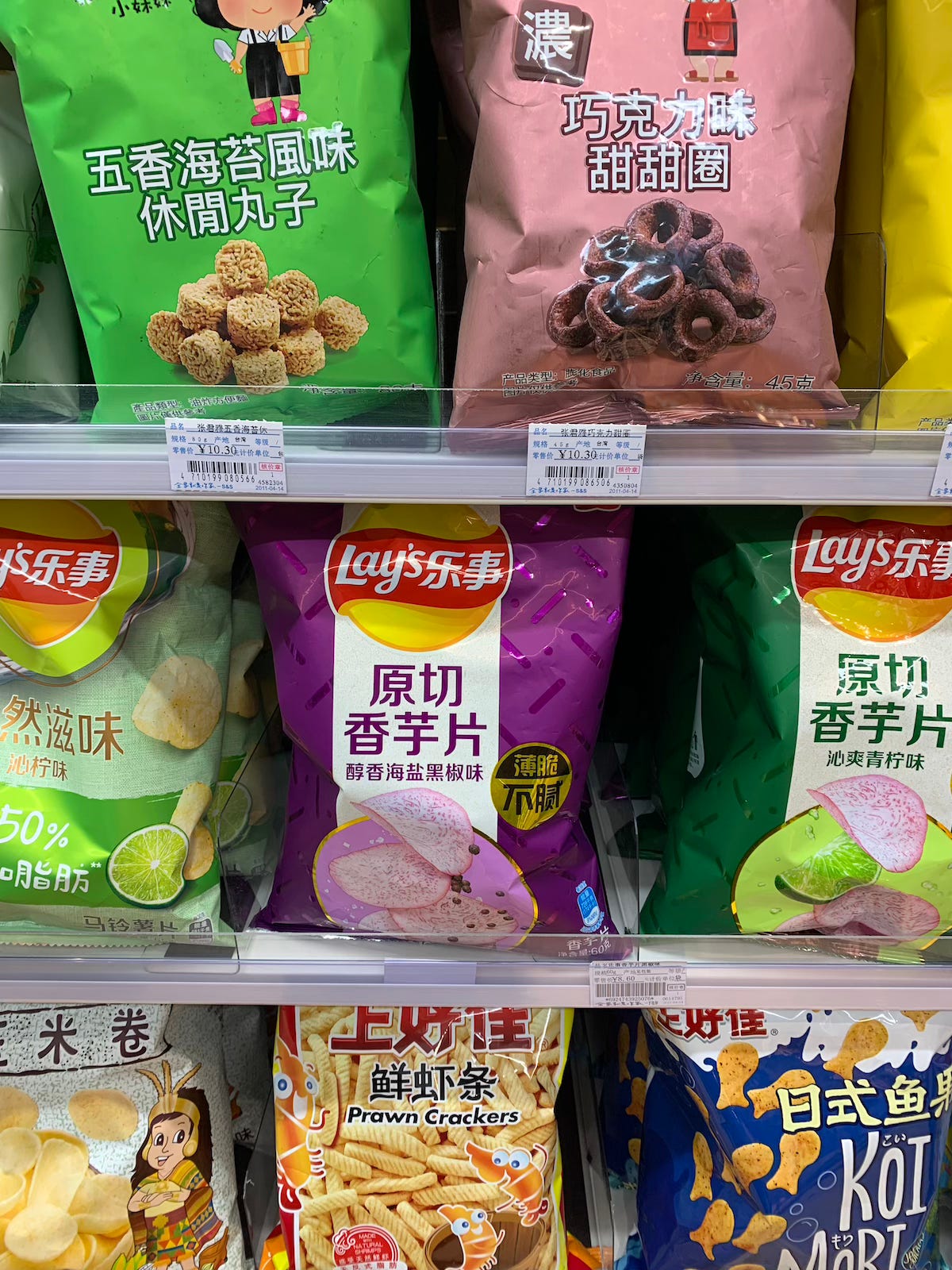
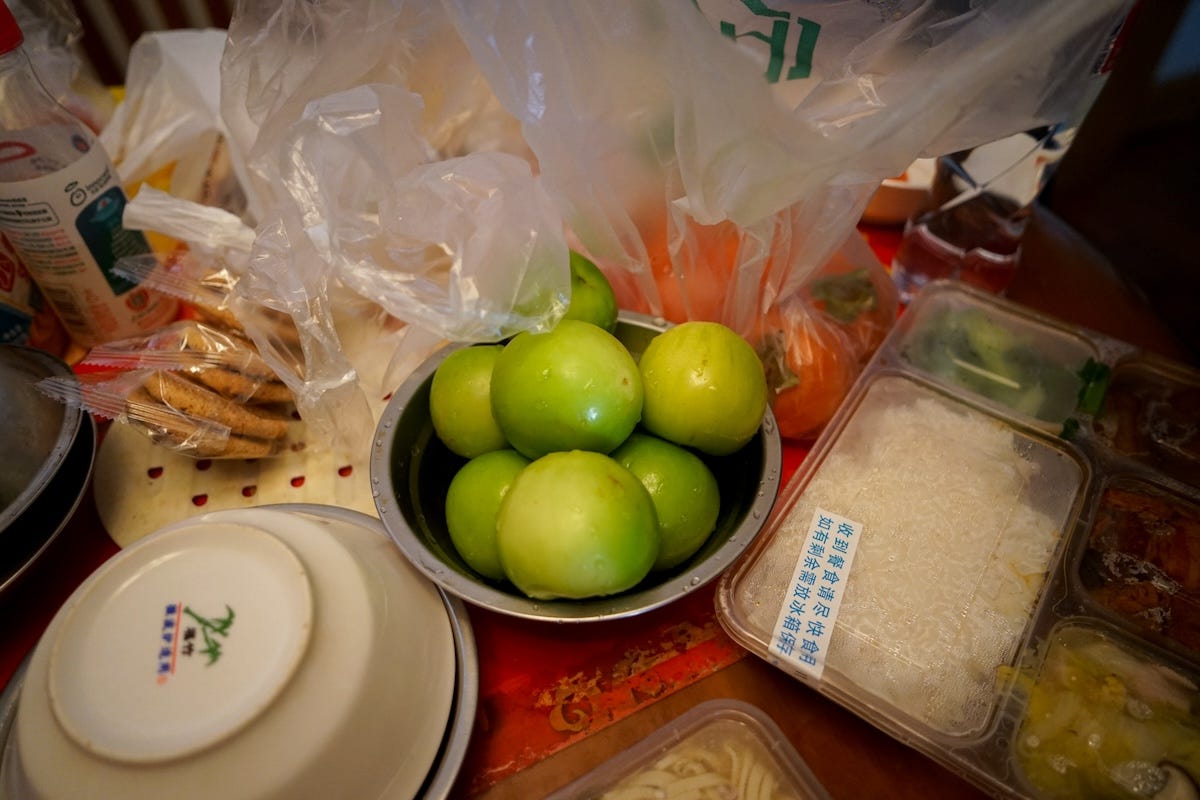
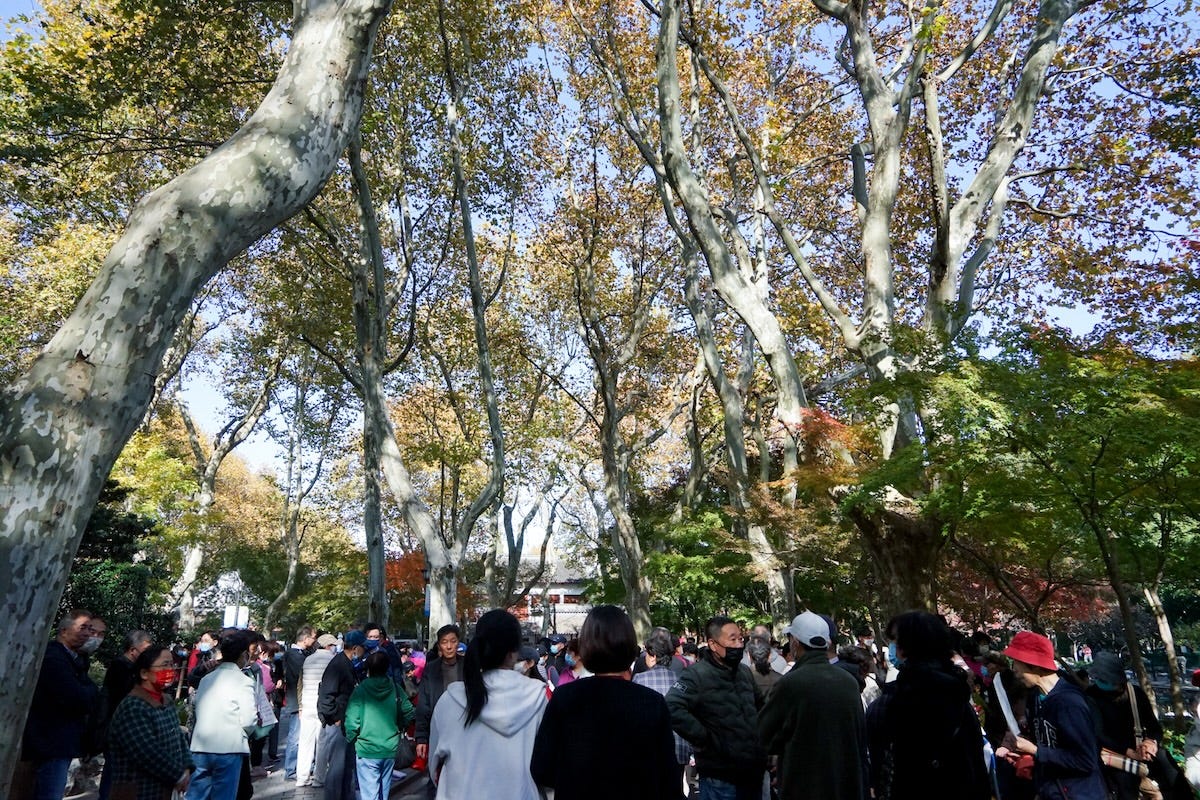
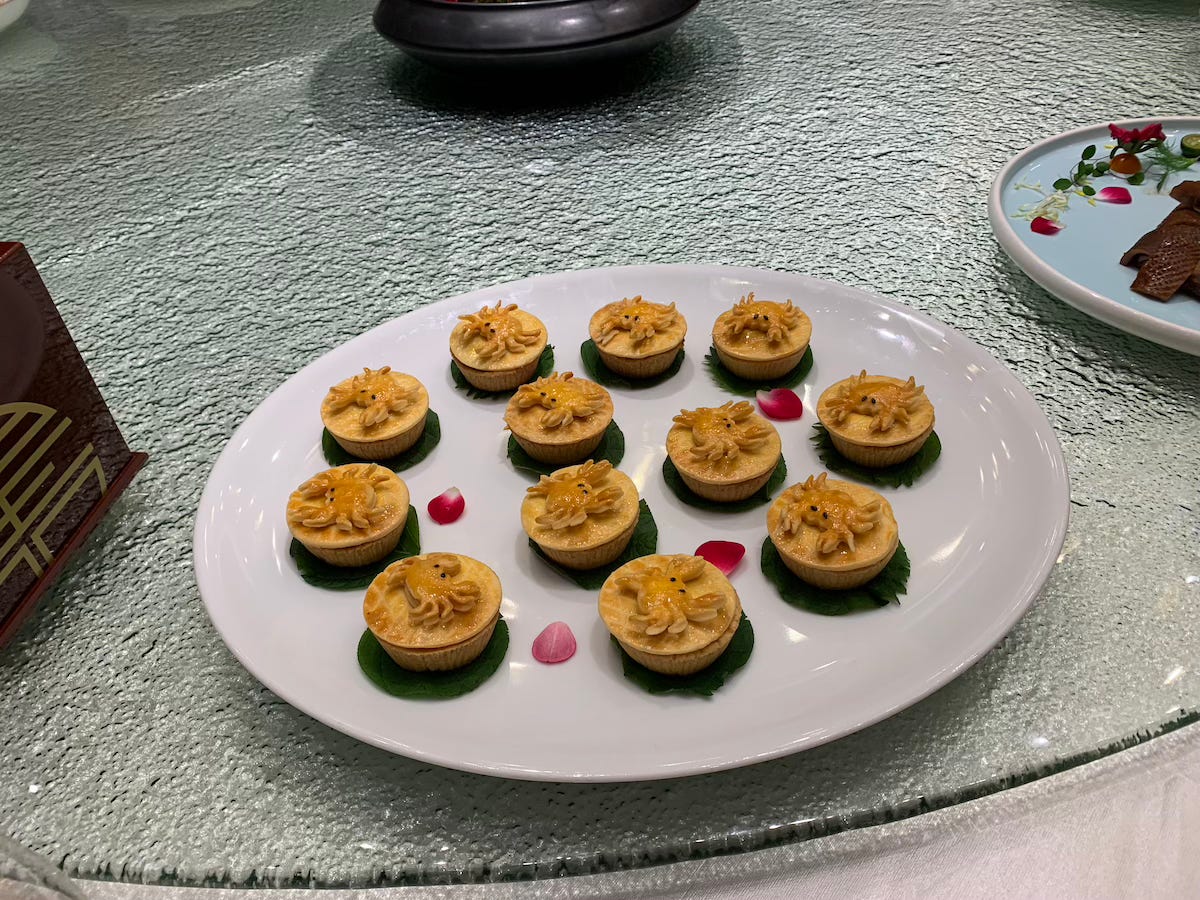

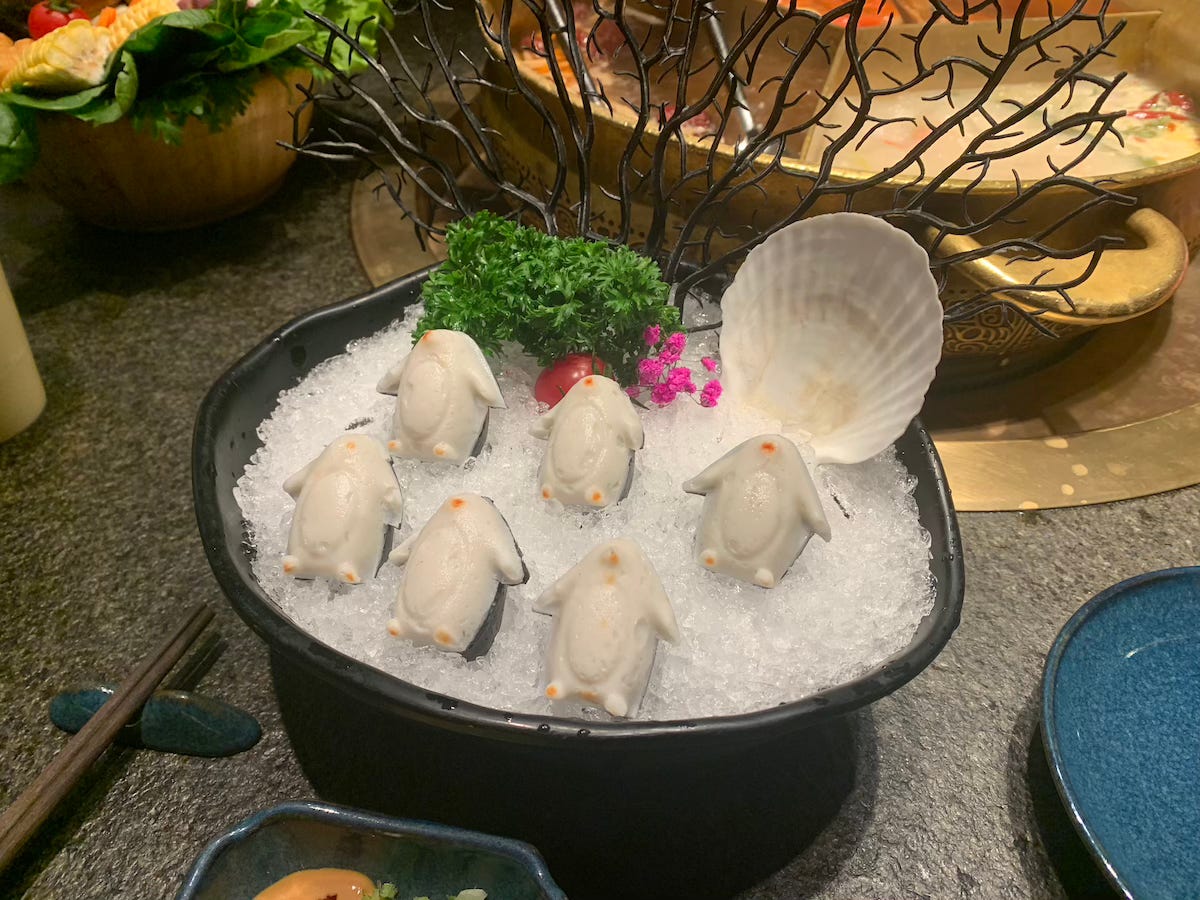
<3!!!!
"Sure, come back to understand that China is far from a monolith—but more importantly, come back so you can receive our love." <3 <3 <3